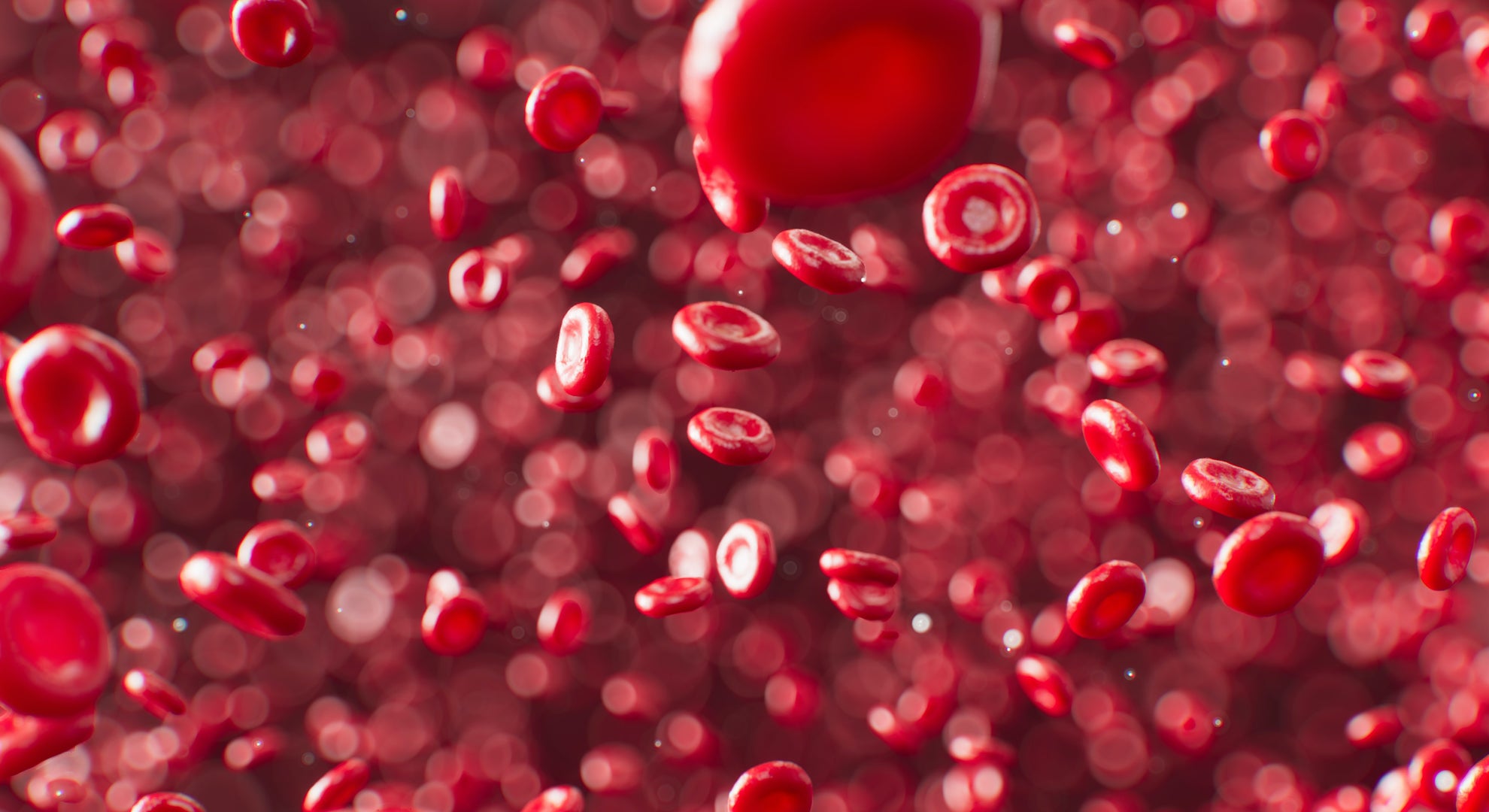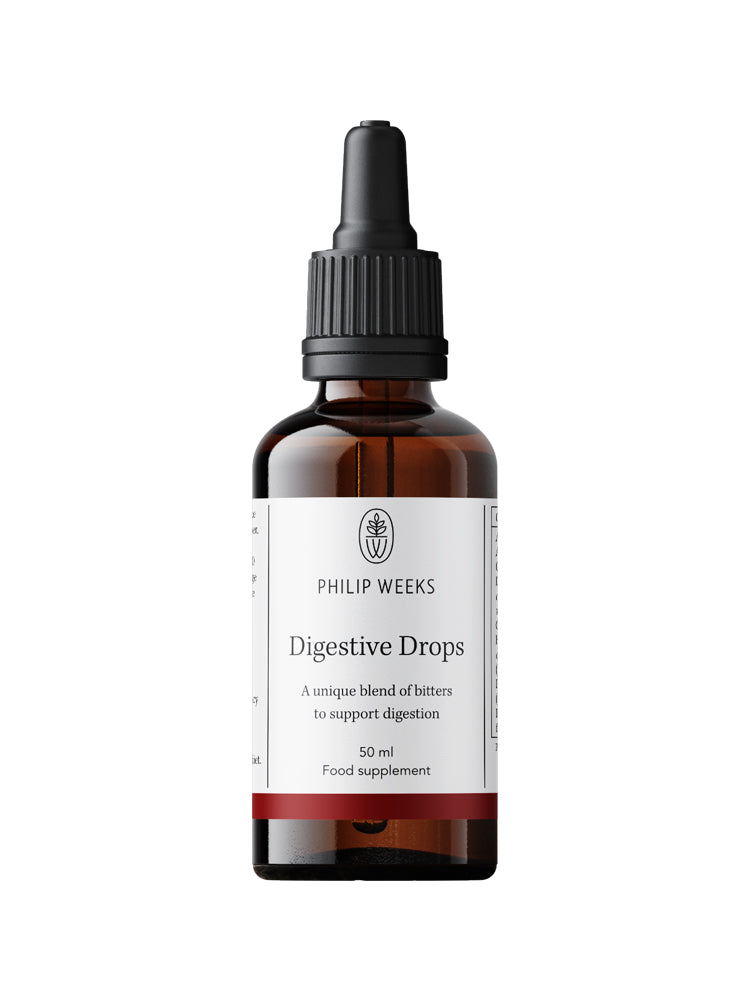
I HAVE FOUND OVER ALMOST 25 YEARS OF CLINICAL PRACTICE THAT B12 DEFICIENCY IS OFTEN NOT TAKEN SERIOUSLY BY EITHER ORTHODOX OR ALTERNATIVE HEALTH PROFESSIONALS.
I will explain why it is vital you get enough of this vitamin, why it is best to get tested regularly and if you are deficient the essential steps you need to take steps, as untreated B12 deficiency can cause irreparable damage.
What is B12?
Vitamin B12, also known as cobalamin, is a water-soluble vitamin that is essential for the proper functioning of the nervous system, the production of red blood cells, and DNA synthesis. It is one of eight B vitamins and is important for maintaining healthy nerve cells and promoting the production of genetic material in cells.
The body can store B12 for a period of two to five years, and 80 per cent of storage is in the liver. Its presence in the body is vital for the breakdown of homocysteine, therefore essential for healthy detoxification and cardiovascular health.

There are a number of sources of B12. It is present in meat, fish and seafood, eggs and dairy products; it is also present in some yeasts and in bacterially rich environments such as soil.
Vegetarians and vegans are at a greater risk of B12 deficiency than the rest of the population, as B12 is almost exclusively obtainable from animal products. Grains, vegetables, fruits, pulses, nuts and seeds do not contain any B12.
In many parts of Asia vegetarianism has been practiced successfully for thousands of years. People relied on fermented foods, which were created in an environment where B12-rich bacteria dominated. These included foods such as tempeh, miso and soy sauce. Because of strict hygiene standards, fermented foods commercially produced in the West have virtually no naturally occurring B12. Many manufacturers have realized this and more recently have started supplementing their products.
It’s not how much you eat – it’s how much you absorb.
Even if you are consuming enough B12, deficiencies can occur if the body is not absorbing enough of it. In order for B12 to be absorbed through the small intestine, it needs to be combined with ‘intrinsic factor’, a substance produced in the stomach. Some people are unable to create intrinsic factor and they become B12 deficient. This leads to a condition called pernicious anaemia.
Reasons for impaired B12 absorption are:
- a lack of intrinsic factor, which is believed to be caused by a hereditary autoimmune disorder
- reduction in stomach acid (more common in the over-50s) – as we get older our ability to absorb B12 usually decreases
- irritable bowel syndrome, inflammatory bowel diseases or unidentified coeliac disease
- bacterial infections in the gut
- certain drugs can interfere with absorption, such as antacids, proton pump inhibitors and the diabetic drug metformin
- mercury from fillings can interfere with absorption, and levels can be low because of parasitic infestation such as tapeworms, gastric operations, such as removal of sections of the gut.
- Patients on diabetic drugs such as metformin can become B12 deficient as it can reduce absorption and increase excretion of the vitamin
Symptoms of pernicious anaemia are the same as those of iron-deficient anaemia and include fatigue, pale skin and breathlessness. A blood test in this instance would usually reveal enlarged red blood cells. If someone has the classic signs and symptoms of pernicious anaemia, effective treatment can prevent them from a whole collection of serious and debilitating health problems. Pernicious anaemia is usually easily detected and treated either through B12 injections and/or high doses of oral supplementation.
There is a big ‘but’ here. A third of people with B12 deficiency never develop the usual blood abnormalities of large red blood cells or anaemia. A full blood count from your GP doesn’t usually include testing for B12 levels in the blood. Usually B12 is only tested when the red blood cells are unusually large, and someone can have low B12 levels without this sign being present. Symptoms are often misdiagnosed, leading to potentially devastating consequences. If someone’s levels are low, then they have probably been depleting their reserves for a number of years.

Effects of B12 Deficiency
B12 deficiency can cause a type of anemia called megaloblastic anemia, which results in the production of large, immature red blood cells that are unable to carry oxygen efficiently. B12 deficiency can sometimes exhibit itself with a dull pale or yellow tint to the skin. It can begin with subtle symptoms like occasional tiredness and apathy and can gradually develop into irreversible psychiatric and nervous system degeneration, dementia and eventual death. However, just because someone has a number of these symptoms doesn’t necessarily mean they are caused by a lack of B12. It is important to also investigate other possible causes. Equally, B12 deficiency can mimic the symptoms of multiple sclerosis and other neurological disorders.
Symptoms that may be observed are listed below.
Mental/psychological:
- Apathy
- Confusion
- Delayed development in children
- Dementia
- Depression (especially post-natal)
- Deterioration of mental health, mood swings, paranoia and other personality change
- Memory loss
- Violent and irrational behaviour.
Neurological:
- Abnormal neurological sensations, numbness, tingling and weakness
- Balance problems
- Incontinence
- Pain
- Paralysis
- Restless legs
- Tinnitus
- Tremors
- Vision loss.
Other symptoms:
- Chronic fatigue
- Disturbed appetite
- Gastro-intestinal issues, constipation and diarrhoea
- Insomnia
- Sore tongue
- Susceptibility to viral and bacterial infections
- Tiredness
- Vitiligo
- Low levels of B12 increase the levels of homocysteine in the blood. High levels of homocysteine have been associated with an increased risk of:
- Alzheimer’s disease
- Cardiovascular disease and strokes
- Cancer
- Osteoporosis
Case history: B12 deficiency
Janet came to see me complaining of fatigue, depression, menstrual irregularity, poor memory and phases of hair loss. She had been vegetarian for 20 years, but had recently been craving meat. Tests by her doctor had shown her full blood count to be normal, with no anaemia detected. She was referred to a psychiatrist. When I first saw Janet, she had a number of other health issues, including a fungal dysbiosis in her gut. However, I suspected that she was low in B12. She had a blood test with her GP and it came back within normal limits, although at 206ng/l it was at the lower end of the normal spectrum. As well as tackling her digestive issues, I suggested a large amount of B12 taken in liquid sublingually every day, and a re-test in three months.
Fortunately, her next blood test showed an increase to 350ng/l. She reported that her energy had increased dramatically, hair loss had stopped, and she was feeling less depressed. However, because she had been depleted for possibly many years, I suggested continuing with the high levels of supplementation for another six months, followed by another blood test. It might be that she will need high-dose supplementation for 18 months or more to replenish her reserves. She continues to improve…
Case history: B12 deficiency
I saw a man this week who had been struggling with a strange tingling sensation in his feet for a few years and issues with his balance. Brain scans, neurological conduction tests didn’t reveal anything, and he was prescribed medication to dull the sensation, but he hadn’t responded to it, the cause wasn’t found.
In the clinic I usually look at the tongue as it can give many clues as to what is happening in the body. His was a little shiny and overall looked quite swollen. I ran several functional medicine tests which revealed his B vitamins were on the low end of normal. His B12 was low end of normal, not out of range but still low.
So, I prescribed a high level of B12 and a general B vitamin. This week was his follow up appointment, some 2 months later.
He reported that his tinging had dramatically reduced, almost gone. He no longer felt an underlying feeling of dizziness. He also reported that his family members had noticed a big difference in him. Less moody, a dramatic reduction in ‘flying off the handle’.
People’s individual needs for nutrients can vary hugely. Just because someone’s levels are within range doesn’t necessarily mean they have enough for what their system needs.
Sources of B12
Because B12 is not found in plant foods, it is vital to supplement the diet daily. I have come across many people who have been vegetarian for 10 or 20 years and then start to crave meat, reporting that they feel better after they go back to eating animal products. Some of this could be due to long term B12 deficiency.
It is a common misconception that spirulina, chlorella and blue-green algae, despite having important nutritional components, are a good source of B12. These superfoods contain B12 analogues which when tested mimic true B12; however, when they are taken to treat B12 deficiency they are not effective. Nutritional yeast, however, does contain small amounts of B12 and can be useful as a non-animal source.
Soil is rich in bacteria and B12; there is no doubt that our modern day obsession with cleanliness has contributed to the epidemic of B12 deficiency and other health problems.
To make sure intake is sufficient, my recommendation is to take a B12 supplement every day. The RDA of B12 is 1.5 micrograms a day. I suggest that this is rarely enough, and as discussed, it is all about absorption. With my patients I usually recommend a minimum daily dose of 50 micrograms, in the form of tablets or in liquid form. However, some people need as much as 2000 micrograms a day. Getting a blood test will be a good indicator, giving you valuable information as to the levels you personally need. There are B12 tablets and sprays available which are usually well absorbed. As B12 is water soluble there isn’t the danger of overdosing like fat soluble vitamins such as Vit A and Vit D.
High-dose injections of B12 (1000 to 2000 micrograms daily) are important for patients with pernicious anaemia or those who have had gastric surgery, although other people may need injections, especially if deficiency is severe and has been present for a long time. This is the quickest way to restore levels in the body, and is sometimes clinically necessary. In extreme cases it may be necessary to have an injection every day for a month, gradually tapering down to once a week and then once a month before normal levels are achieved.
B12 is also known for its energising effects. Many athletes and preformers use it to prevent getting adrenal burnout. Some famous chess champions are known to take it on tournament days to improve their concentration. There is no known toxicity dose of B12, and excess levels are easily broken down and excreted from the body. There is a rare genetic condition called Leber’s optic neuropathy where B12 in the form of cyanocobalamin is contraindicated; however, in this circumstance a form called hydroxycobalamin is usually given.
Getting tested
Some people think that as long as they’re taking a B12 supplement every day they are fine and protected. However, this isn’t always true. I suggest that everyone, especially vegetarians and vegans have an annual B12 blood test. In the UK this is usually as straightforward as requesting this test from your doctor or practice nurse, explaining that you are vegetarian. Remember that a full blood count is not sufficient, as many mistakenly believe that B12 deficiency only shows up as large and misshapen red blood cells. The UK guidelines for appropriate blood levels are 200 nanograms per litre to 1000ng/l. Some researchers have discovered that symptoms and nervous system damage can begin to develop when levels are below 300ng/l and symptoms do not always disappear until levels are in excess of 600ng/l.
A small percentage of people need a higher than average level of B12 to function normally. This can mean that although blood tests reveal adequate levels, they in fact need much more and can benefit from extra supplementation. I have seen a number of patients who have recovered from chronic fatigue through taking large amounts of B12 (100mg daily), even though blood levels were well within the normal range.
We often monitor our patients to see what their B12 levels are. Sometimes we undertake a further test, which measures urinary MMA, or methylmalonic acid levels. This test measures B12 activity at the tissue/cellular level, since MMA levels are directly related to a B12- dependent metabolic pathway. If there is elevated MMA, then there is B12 deficiency even if blood plasma levels are normal.
There are many thousands of people eating a vegetarian or even a meat-based diet who are unaware that they may have a health time bomb ticking away inside them. Some think they are just suffering from the effects of old age or feeling unusually tired and lethargic; others may already have neurological symptoms or have developed mental health disorders.
An updated extract from ‘Make Yourself Better’ by
Philip Weeks MSc. LicAc.












